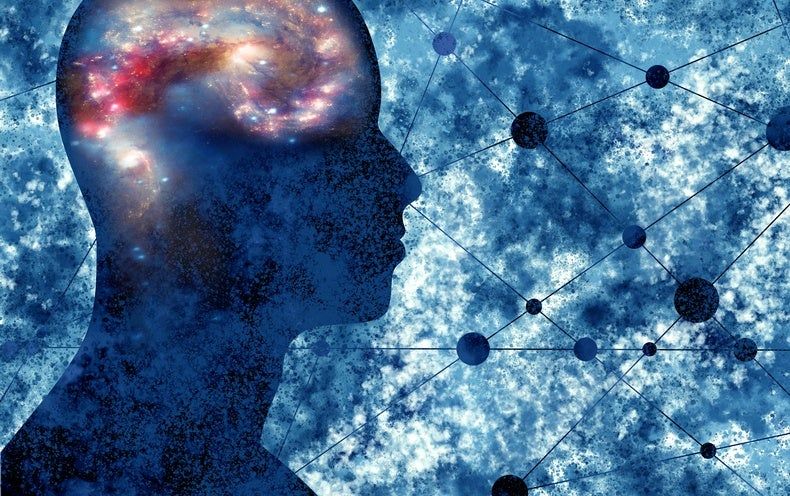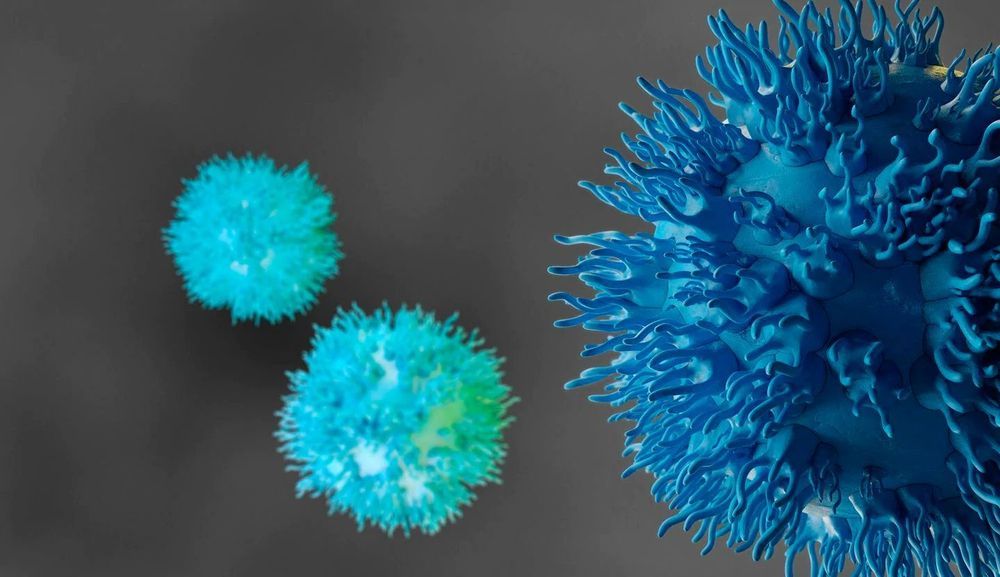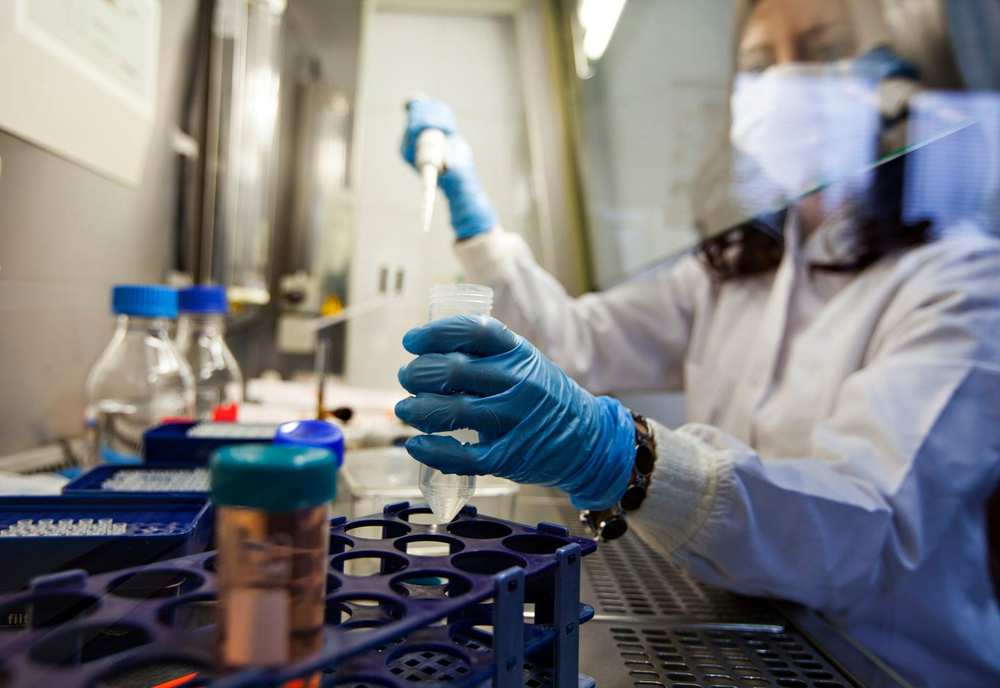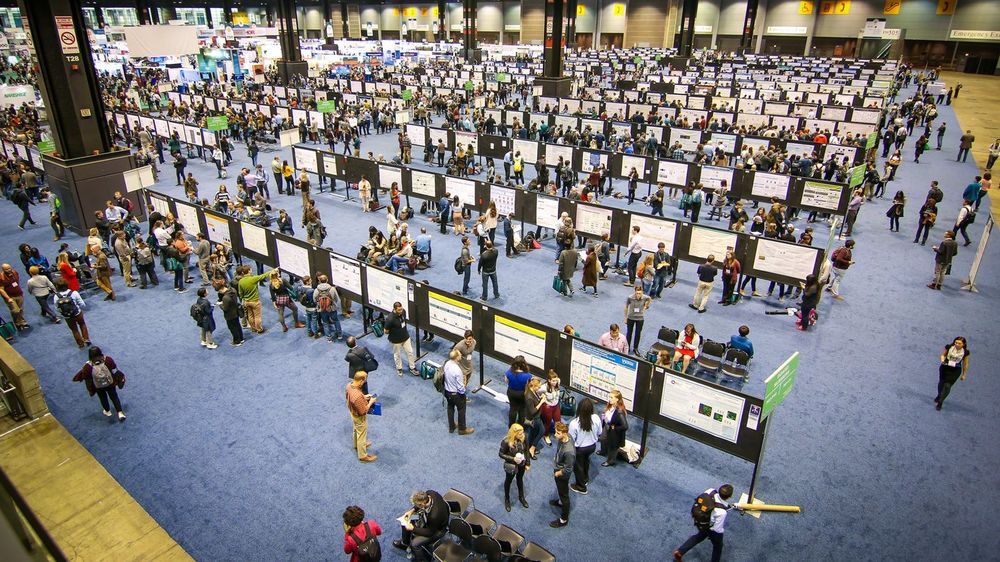Physicists, philosophers debate whether research can ever solve certain mysteries of the universe—and the human mind.



Shanghai hosted one of the largest gatherings of Nobel laureates in the world last week, with 44 Nobel Prize-winning scientists in the city for a government-sponsored forum with the lofty goal of discussing science and technology for the “common destiny of mankind”.
Chinese academics and young scientists join global scientific elite to explore frontiers of research.

Unlike chemotherapy or radiation, which attack cancer directly, CAR-T engineers patients’ immune cells so they can do it themselves. T-cells are removed from the blood and given new genes that produce receptors that let the T-cells recognize and bind to leukemia cells with a specific protein, CD19.
The genetically modified T-cells are then multiplied in the lab and infused back into the patient, where they ideally multiply even further and begin to target and kill cancer cells with CD19.



Your children are the people in this world who you most want to be happy, healthy and successful. And like it or not, your behavior as a parent has a lot to do with it. Here’s what researchers say the parents of high-achieving kids do differently.
According to a study published in the Journal of Experimental Child Psychology, lying to kids — even bluffs of punishment — results in children growing up to be liars themselves and having other problems, as well. Researchers queried 379 young adults about how much their parents lied to them when they were children and what behaviors they practice now that they’re grown up. Individuals who recall being lied to more as children were also more likely to admit lying to their parents as adults. They also reported having a harder time dealing with psychological and social challenges, indicating having experienced behavioral problems, guilt and shame, as well as engaging in selfish and manipulative conduct.
Most parents would agree that life would be easier for everyone if children would always listen to their parents, do what they request and follow their advice. But according to research conducted at Cardiff University in the U.K., an adult’s tone of voice has a lot to do with compliance. In the study, more than 1,000 teenagers were put into groups in which they all heard the same 30 messages voiced by mothers regarding schoolwork, but delivered with different intonations: controlling, autonomy-supportive or neutral. Afterward, the students answered surveys regarding how they would feel if their own mother communicated as the one in their group had. Almost across the board, teens who listened to the mother speaking in a controlling manner responded negatively. The kids who heard the mother speaking in a supportive way responded positively, and more so than the ones who heard a neutral tone of voice. So, if you want your kids to do what you say, don’t say it like you’re their boss.

By contemplating the full spectrum of scenarios of the coming technological singularity many can place their bets in favor of the Cybernetic Singularity which is a sure path to digital immortality and godhood as opposed to the AI Singularity when Homo sapiens is retired as a senescent parent. This meta-system transition from the networked Global Brain to the Gaian Mind is all about evolution of our own individual minds, it’s all about our own Self-Transcendence. https://www.ecstadelic.net/top-stories/the-ouroboros-code-br…etaphysics #OuroborosCode
All AI & Cybernetics Cognitive Science Complexity Consciousness Cosmology Digital Philosophy Digital Physics Economics Emergence Environment Epigenetics Ethics Evolution Evolutionary Biology Experiential Realism Experimental Science Fermi Paradox Free Will Vs. Determinism Futurism Gaia 2.0 Global Brain Immortality Machine Learning Mathematics Memetics Mind Uploading Nanotechnology Neo Transcendentalism Neural Networks Neurophilosophy Neuroscience Phenomenology Philosophy Of Mind Physics Of Time Psychedelics Psychology Quantum Computing Quantum Gravity Quantum Physics Sci Fi Simulation Hypothesis Sociology Spirituality Technological Singularity Theology Transhumanism Virtual Reality
